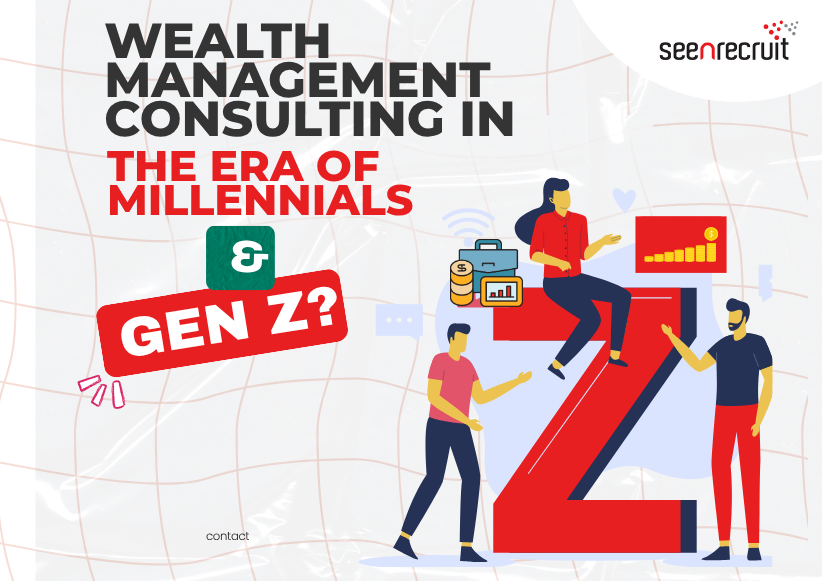Wealth management is evolving as Millennials and Gen Z demand personalized, tech-driven, and value-based financial strategies. Let’s explore how wealth management consulting adapts to younger generations’ priorities—digital tools, sustainable investing, and financial independence—while helping them build long-term wealth.
Wealth management is no longer just about managing portfolios—it’s about managing lifestyles, values, and digital-first expectations. As Millennials and Gen Z step into their prime earning years, the financial landscape is witnessing a dramatic transformation. These younger generations are not only building wealth differently but are also demanding more personalised, transparent, and technology-driven financial consulting.
So, what does wealth management consulting look like in the age of Millennials and Gen Z? Let’s explore:
The Rise of a New Investor Class
Unlike Baby Boomers or Gen X, Millennials and Gen Z prioritise financial independence, sustainability, and digital convenience. A few key shifts stand out:
- Digital-Native Investors: With exposure to fintech, robo-advisors, and blockchain, younger clients expect their wealth managers to deliver seamless digital experiences.
- Value-Driven Finance: Environmental, Social, and Governance (ESG) investments are no longer niche; they’re a priority. Wealth managers must align strategies with sustainability goals.
- Experience Over Ownership: Younger investors often prefer experiential spending but still look for structured guidance in balancing lifestyle with long-term wealth creation.
Why Millennials and Gen Z Need Wealth Management Consulting?
The demand for financial literacy, retirement planning, and digital wealth management is at an all-time high. Consultants play a pivotal role by:
- Simplifying Complex Decisions: From investment diversification to tax optimisation, wealth consultants help younger clients decode financial jargon and make informed choices.
- Integrating Technology with Strategy: Today’s investors want access to AI-driven insights, mobile wealth apps, and real-time portfolio tracking. Consulting firms that adopt tech-forward approaches are more likely to attract this audience.
- Building Trust through Transparency: Millennials and Gen Z value authenticity. Advisors who emphasise transparent fee structures and ethical investing strategies stand out in the crowded market.
Trending Strategies in Wealth Management Consulting!
Here are some consulting approaches reshaping the industry for younger generations:
- Robo-Advisory + Human Touch: Blending AI-powered investing platforms with personalised advisory ensures convenience without losing human connection.
- Sustainable & Impact Investing: Guiding clients toward green bonds, renewable energy portfolios, and ESG-focused funds resonates with their values.
- Personalised Financial Roadmaps: Offering goal-based wealth planning—whether it’s for entrepreneurship, early retirement, or global mobility—aligns with the flexibility Millennials and Gen Z desire.
- Gamified Financial Literacy: Utilising apps and interactive tools to teach the basics of investing makes wealth management more approachable for first-time investors.
The Future of Wealth Management Consulting
Millennials and Gen Z are expected to control over $68 trillion in wealth transfer globally by the end of 2030. This demographic shift means consulting firms must adapt or risk losing relevance. Firms that thrive will be those that:
- Harness fintech innovation to provide real-time solutions.
- Incorporate sustainability and ethical finance at the core of their services.
- Understand the cultural and behavioural nuances of younger investors.
In short, wealth management consulting is moving from a traditional numbers game to a holistic partnership—balancing financial growth with purpose, lifestyle, and values.
Final Thoughts
Millennials and Gen Z aren’t just the future—they’re the present drivers of financial innovation. Wealth management consulting must keep pace with its expectations of digital-first services, transparency, and impact-driven investments. For consulting firms, this era presents not just challenges but also immense opportunities to redefine financial advisory services.
